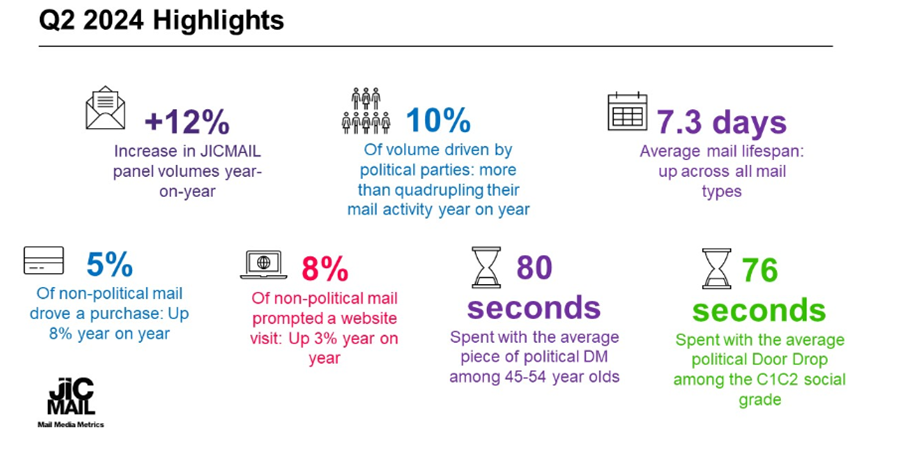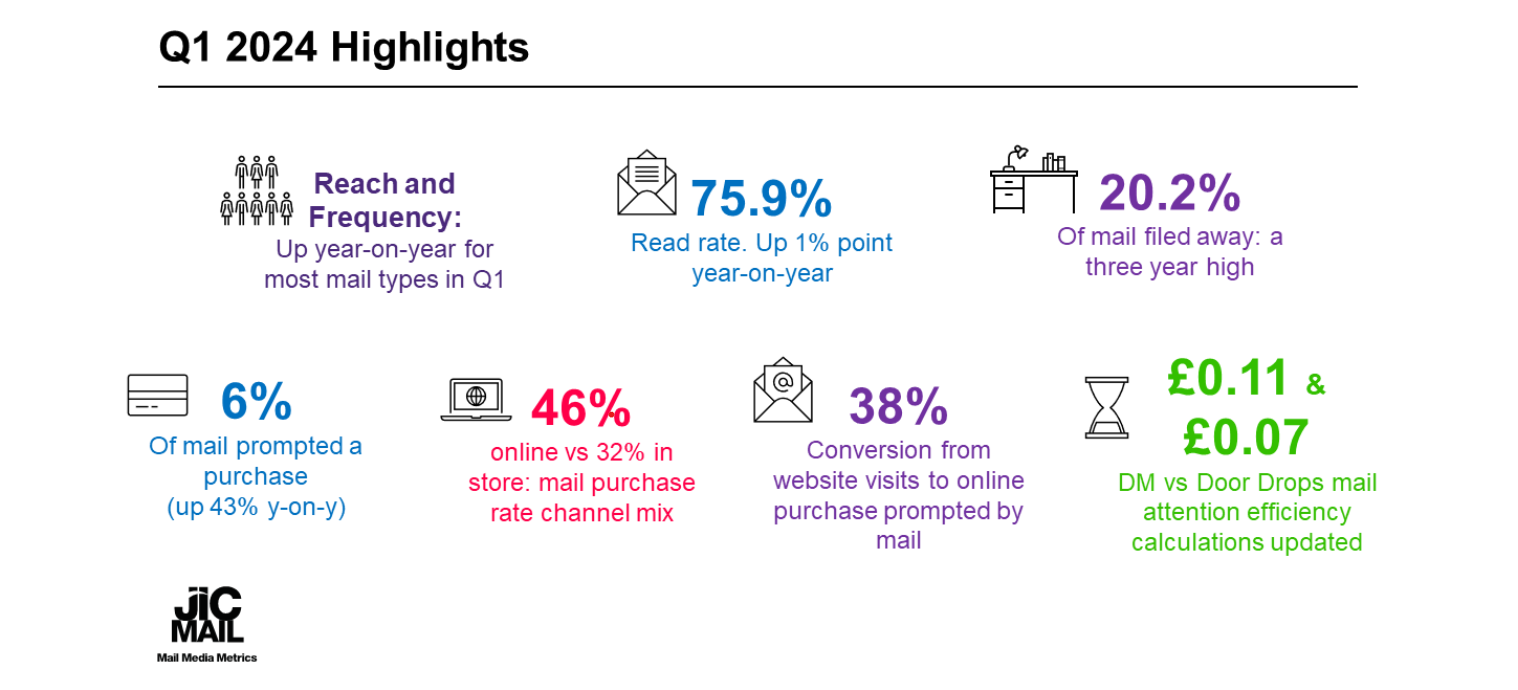Totally Mailed It: Marketreach Amplifies Direct Mail’s Enduring Impact
Marketreach has unveiled a new campaign: "Totally Mailed It which is underscoring the relevance of DM in today’s marketing mix. Whilst it isn't revealing any great secrets, after all we all know direct mail works, it is arming us with fresh ammunition to reinforce that message to our clients. In a world where digital spend dominates, this campaign reminds us why direct mail continues to be a powerhouse in the marketing mix: Tangibility: Physical mail creates lasting impressions, with 33% better recall than digital ads. In a sea of ephemeral content, something you can hold stands out. Personalisation: It's not just about adding a name - it's about relevance. The campaign highlights how tailored messages drive significantly higher engagement rates. [...]









